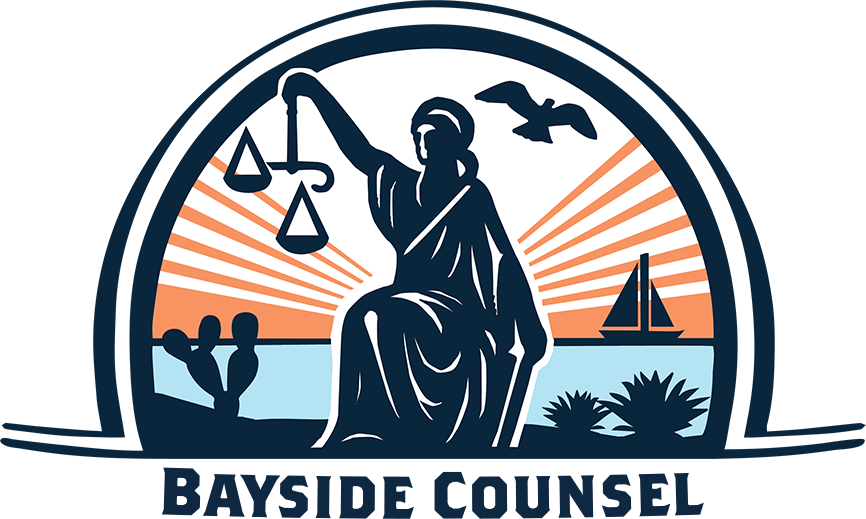As a business owner in California, one of the most critical decisions you’ll make is choosing the appropriate legal entity for your venture. The entity you select will have far-reaching implications for liability protection, taxation, management structure, and compliance requirements. At Bayside Counsel, we understand the nuances of entity selection and are well-equipped to guide you through this crucial step.
Sole Proprietorship: Simple but High-Risk
The sole proprietorship is the most straightforward entity type, offering minimal formalities and ease of operation. However, it comes with significant drawbacks, primarily the lack of liability protection. As a sole proprietor, you would be personally liable for all debts and liabilities of the business, putting your personal assets at risk.
Partnerships: Shared Ownership, Shared Liability
Partnerships are a step up from sole proprietorships, allowing for shared ownership and management responsibilities. However, like sole proprietorships, partners in a general partnership have unlimited personal liability for the partnership’s debts and obligations. Limited partnerships offer some liability protection for limited partners, but general partners remain fully exposed. However, general partners may achieve protection from liability by incorporating.
Limited Liability Company (LLC): A Popular and Flexible Choice
The LLC has emerged as a preferred entity choice for many California businesses due to its flexibility and liability protection. As a separate legal entity, an LLC shields its owners (called “members”) from personal liability for the company’s debts and liabilities. LLCs also offer pass-through taxation, avoiding double taxation at the entity level. California also allows LLCs to convert to corporations, further adding to their flexibility. Unlike some other states, California LLCs are perpetual by default, meaning the LLC can continue operating even if ownership changes.
Corporations: Formality and Credibility
Corporations are distinct legal entities that offer liability protection for their shareholders. They have a more formal structure than LLCs, which means that more stringent compliance requirements must be met to ensure liability protection. Corporations are subject to double taxation by default (at the corporate and shareholder levels), however corporations may, elect pass-through taxation by filing for S-Corporation status. The corporate structure is widely recognized and can lend credibility and a sense of formality to a business, which may be advantageous when raising capital, when operating in certain industries, or when dealing with larger clients or partners.
Bayside Counsel Will Help You Make the Right Choice
At Bayside Counsel, we work closely with our clients to evaluate their business goals, risk tolerance, and financial objectives to recommend the most suitable entity type. We carefully weigh the pros and cons of each option, considering factors such as liability protection, taxation, management structure, capital requirements, and compliance obligations.
For instance, if your primary concern is liability protection and pass-through taxation, an LLC may be the optimal choice. However, if you anticipate seeking significant outside investment or plan for an eventual public offering, a corporation might better align with your long-term strategy.
Regardless of the entity type you choose, Bayside Counsel will ensure that your business is properly formed and structured to maximize the benefits of your selected entity while mitigating potential risks.
Choosing the right entity is a critical decision that can profoundly impact your business’s success and longevity. At Bayside Counsel, we recognize the gravity of this decision and are committed to providing you with the knowledgeable guidance and personalized attention you need to make an informed choice.
Contact a San Diego small business attorney at Bayside Counsel today to schedule a consultation and take the first step toward establishing a solid legal foundation for your California business venture.
